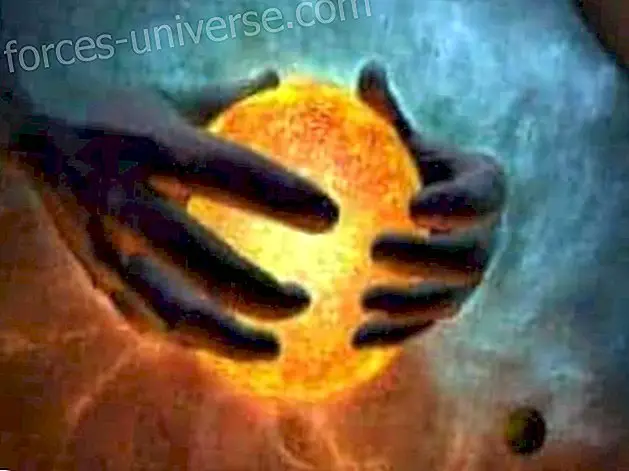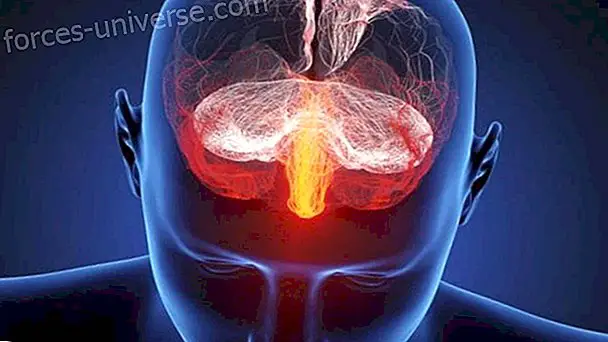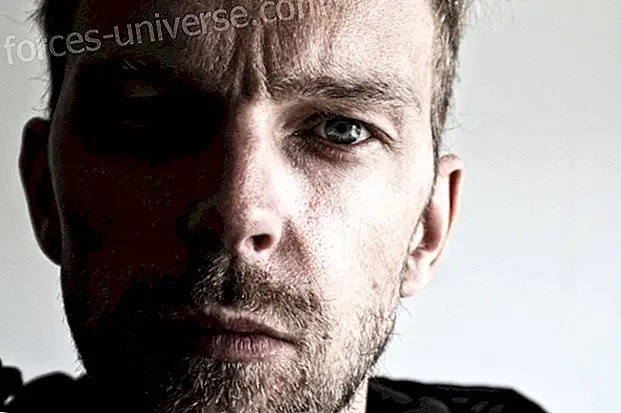Here we explain what is the Tao of Psychology and how you can benefit from this wonderful and magical concept .
If you are reading this article, you are surely one of those people who love to read, learn and investigate what this article will be of great interest to you. On this occasion we present a magnificent oriental concept known in the West with different terminology .
In this way we will introduce some of the teachings taught by Jean Shinoda Bolen, doctor, psychiatrist, Jungian analyst and writer in some of his works.
Have you ever felt that mysterious coincidence, that sudden and amazing illumination, that extrasensory flash of perception that leaves us dumbfounded?
Surely your answer will be affirmative since we all, whether we want to accept it or not, have lived the tao in our life. These synchronic facts, these flashes of consciousness are the taos . Jean Shinoda Bolen has linked this concept of «Tao» with the concept of Jungian «synchronicity», to explain the interconnection between everything that inhabits us, between the lively and the inanimate .

What then is the Tao of Psychology?
The eternal Tao or great Tao is called by different names, which more should be different terminologies all of them refer to the idea that there is an eternal law, that is to say a world in motion which is in permanent and eternal change. The different names that the Taoists have given to the great tao include cosmic Mother, the Infinite, the One . In this way we observe how in the Eastern world, in all beliefs, whatever their religion, the essence of all of them is the same. In other words, they are based on the idea that everything, everything that surrounds us are aspects of the One, so they are all interrelated, with each other. Be they animals, people, objects, plants, events or the atomic particles of the stars. In summary we can say that the tao of psychology is a dance, a dance in which each movement is connected with the whole and that everything has a sense of being and unity.
Notwithstanding this, Western religions, above all, Orthodox Judeo-Christian privileges the polarities: good / bad, benevolent God / punishing God, heaven / hell, above God / below sinful man, soul / opposite to the world, spirit versus flesh and lust. In this way, observes Jean Shinoda Western science and philosophy has been based on Cartesian dualism spirit-matter. This division of the world and nature where matter is on the one hand and the mind on the other, is a clear example of this division made by this western society.
From psychology, it has been Carl Gustav Jung who has talked about the issue of unity, of interconnection with the whole . He elaborated his theory that both animated and inanimate objects are linked by a collective unconscious . The reason for these ideas is that he separates from Freud, considered the father of Psychoanalysis.
This is how Jung describes synchronicity as "an acausal connector principle that manifests itself through meaningful coincidences . " That is, there is no causal explanation that can understand the relationship or connection between internal thought, dream or psychological state and an external event. Jean Shinoda Bolen to explain this gave the example of a “ woman who has a lived dream that the sister's house is burning and impulsively the phone to check if she is well: there is fire, and the call that woke her up may have saved his life. ” This is what Jung called synchronicity, Jean Shinoda Bolen, I call him Tao . That is, through this concept incorporated by Jung, the Western mind can understand or approximate to understand the meaning of tao . As the Jungian writer refers, synchronicity is the Tao of psychology, since it relates the individual to the whole. In this way, if we begin to be aware that synchronicity operates in our lives, we begin to realize that we are interconnected with others and we are not an isolated individual and cast to their fate, but quite the opposite.

Why can't our western mind contemplate the model of unity underlying Tao?
Jean Shinoda explains that just as we cannot see the stars at noon, we cannot appreciate this underlying unit, due to the unfair stimulation we have given our brain . In other words, it has been socially or, rather, we have stimulated a certain type of consciousness to the detriment of the other. In this way, the ways of perceiving are different. Why? because each hemisphere perceives in a particular way depending on its mode of operation and therefore carries out its activities in completely unequal ways. The cerebral hemispheres are like day and night, like ying and yang.
Then, the left hemisphere has to do with the word, with reasoning, logic and discursive thinking which we need in order to establish judgments and the following conclusions. The mode of thought of the hemisphere in question is the basis for scientific observation and experimentation. This hemisphere perceives the parts, the details, so that it can observe the causes and their effects, so it cannot have an integral vision as part of an integrated system. The relationship he has with the world is of an active nature and of a masculine dye, since he regards it as something alien that must be mastered.
The right hemisphere, for its part, is in charge of the creative part , of images rather than words. Know the world from intuition, see things as an integrated system, that is, as part of something bigger, so it doesn't stop at the details. It relates to the world through a mostly feminine and reflexive attitude, and establishes comparisons through metaphors and not through exhaustive measurements.
In that way, our western civilization has allowed one part of the brain to dominate and reign over the other, and the latter to suffer the consequences of being rejected since its value is totally belittled and considered less. In this way, if we continue to insist that the only way to know the world is through the scientific method, we are closing the doors to perception, to the wisdom of the East and our world. interior is completely relegated to oblivion. This is how we have to, as a society, integrate both hemispheres, integrate east and west, male and female, integrate them as a whole, as a whole that we are. If we allow this, we will be allowing the tao of our life to develop, that is, we will be allowing the whole to be part of our individuality and flow in and for us, taking us to ever imagined and unthinkable horizons.
In conclusion, if you liked the article I invite you to start observing the tao of psychology in your life or synchronicity as Jung calls it, and in this way you can begin to glimpse the magic of everything in your life . Finally I would like to finish with the following question: Have you experienced the magnificent magic of Tao in your life?

EDITORIAL: Gisela, editor hermandadblanca.org
SOURCE: Book "The Tao of Psychology"






